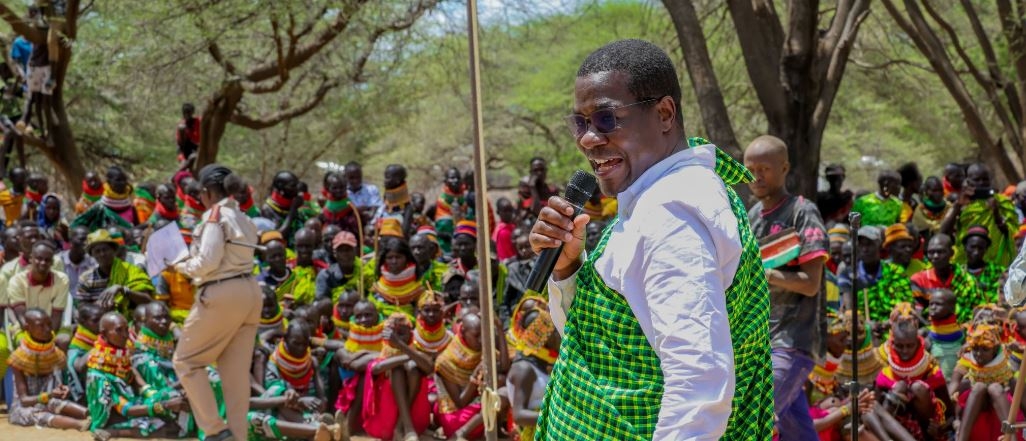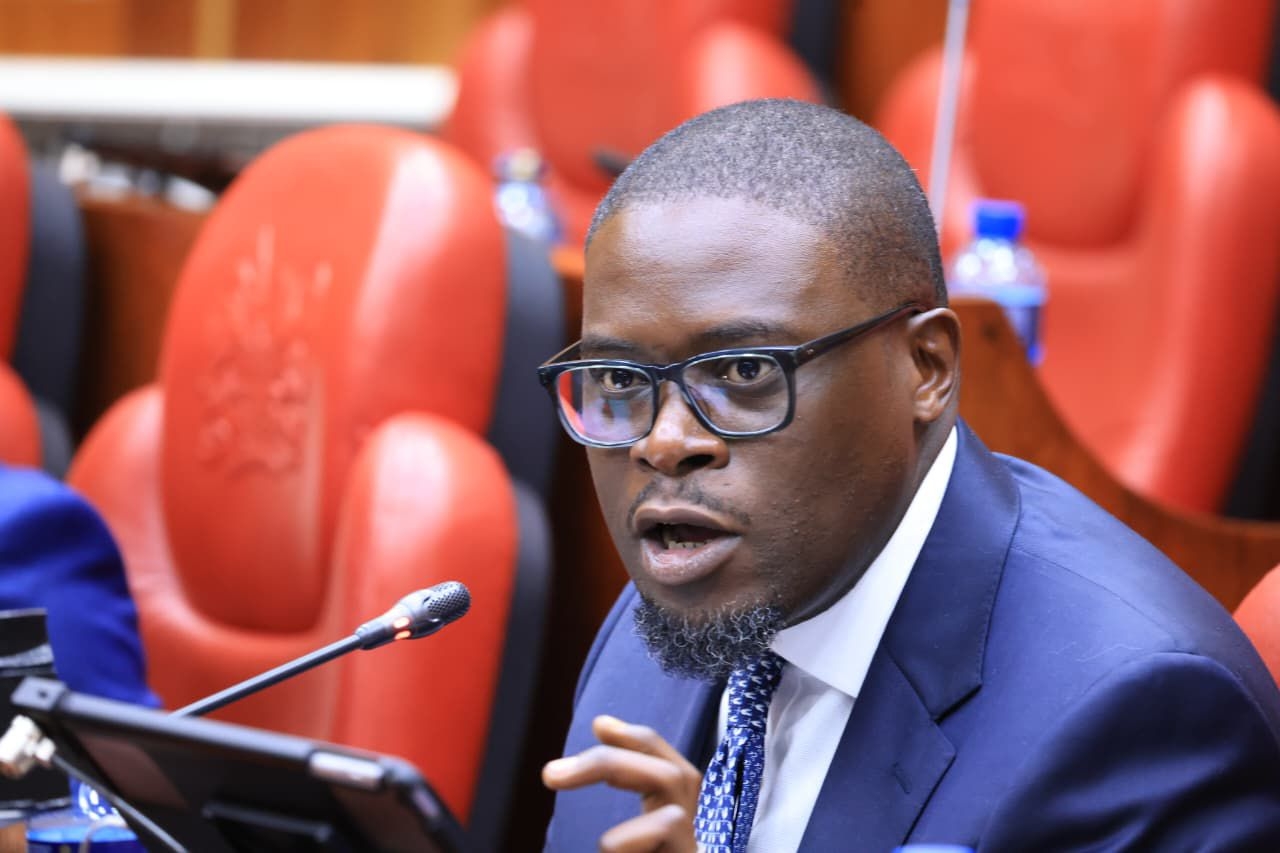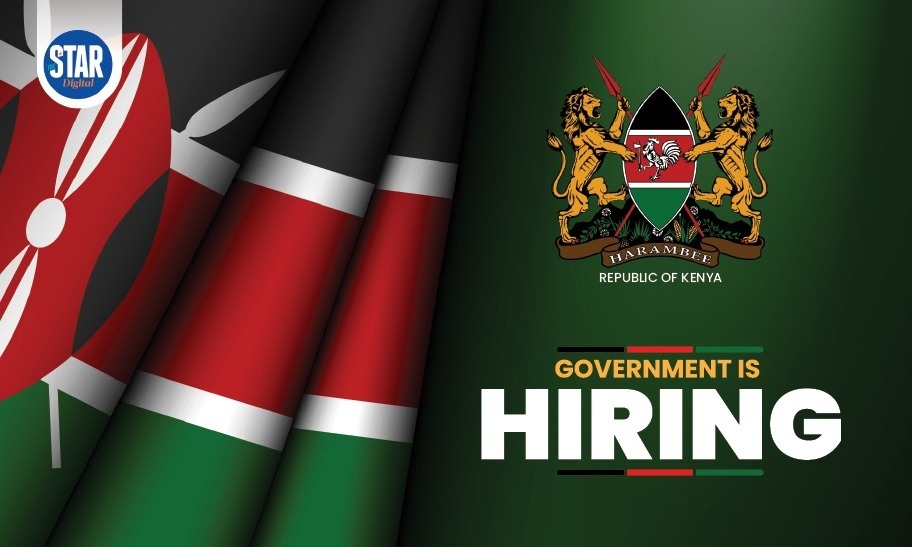Recruitment of the new Chief Kadhi should not divide the Muslim community, senior Islamic religious leaders have said.
But some Muslim leaders say there should be a new recruitment, the qualifications should be lowered in terms of years an loosened in terms of experience to allow more qualified young Muslims to apply.
A decision on new recruitment has not been made. This time it will be based on merit after the Judicial Service Commission advertised the position.
For the first time in Kenya’s history, the recruitment of Chief Kadhi will be based on merit.
Previously, the Chief Kadhi was appointed through intense lobbying and influence from important families, political leaders and religious quarters.
The Chief Kadhi’s position is entrenched under Article 170 of Kenya’s Constitution. The Kadhi’s Court jurisdiction is limited to the determination of the question of Muslim Law relating to personal status, marriage, divorce and inheritance in proceedings in which all the parties profess the Muslim religion.
It does not cover criminal issues under the Penal Code.
The Chief Kadhi reports directly to the Chief Registrar of the Judiciary.
Last November, the Judicial Service Commission advertised the position; the deadline was November 24, 2022.
The outgoing Chief Kadhi Ahmed Muhdhar's term came to an end in December 2022.
The JSC said qualified candidates must have at least 15 years of experience as a distinguished academic in Islamic law, or Islamic law practitioner. Alternatively, he must have experience in other related fields or serve in the grade of a Senior Principal Kadhi or in a comparable and position for at least three years.
Sheikh Omar Buya Abubakar, the National Grand Mufti of Kenya, said already they have witnessed intense lobbying in the recruitment of the new Chief Kadhi.
Buya said the debate over the hiring of a successor to Sheikh Muhdhar is vital and should only help strengthen the unity of Muslims across the country, instead of dividing them.
“JSC has done a good job advertising for the position of Chief Kadhi, we commend them for that. However, we are asking them to ensure the holder of that office is very competent,"Buya said.
Speaking to the Star on Tuesday, Buya said the holder of the Chief Kadhi’s office should be a Muslim scholar and of high integrity. He should be able to unite the Muslim community, which is always divided, especially after the Holy Month of Ramadan.
“The issue of sighting the moon after Ramadan has always been so contentious. We want a person who will be able to unite the 15 million Muslims in Kenya,” Buya said.
He proposed the JSC readvertise for the position to allow more qualified Kenyans to apply.
“They (the JSC) should open the doors for every Kenyan. The recruitment process should be very competitive and not favour some people,” Buya.
He said the Chief Kadhi's office remains an important pillar of unity within the Muslim community and any person taking charge needs to be fully respected and honoured by all Muslims.
He assured the community that his office will work with the government in ensuring the person appointed is highly qualified and ready to serve all Muslims irrespective of their gender, tribal or family background.
The former chairperson of the Wakf Commission of Kenya, Zubeir Noor, said historically the recruitment of Chief Kadhi has always been hit by controversies.
“There has always been an issue of who should become a Chief Kadhi. We want to thank the JSC for advertising the position because the recruitment will now be based on merit rather than influence,” said Noor.
However, Noor proposed a review of the 15 years’ experience qualification by the JSC, saying it will lock out many qualified individuals.
“One important qualification for Chief Kadhi is that he should be a person of high integrity and an Islamic law scholar. The issue of 15 years of experience is to try to lock out some people. The qualification should be at least five years,” Noor said.
Noor said Kenya’s JSC should benchmark with other countries on the recruitment of Chief Kadhi.
The new Chief Kadhi is to be recruited under the revised policy of the JSC scheme of service, a position that is now equated to that of a chief magistrate.
Kenya's first Chief Kadhi was Shariff Abdirahman Saggaf. Since then there have been nine other Kadhis, mainly from Zanzibar, Lamu and Mombasa.
The Chief Kadhi from Zanzibar was Sheikh Abdulla Farsy who served as Kenya’s Chief Kadhi from 1967 to 1980 after he was appointed by Kenya’s first President Jomo Kenya.
Farsy was first appointed as the Chief Kadhi of Zanzibar, a post he held for seven years until he migrated to Kenya. He left Zanzibar after the bloody crusade in the name of the Zanzibar Revolution on January 12, 1964.
Since then, the position of Chief Kadhi has been held by Muslim scholars from Lamu and Mombasa.
(Edited by V. Graham)

















